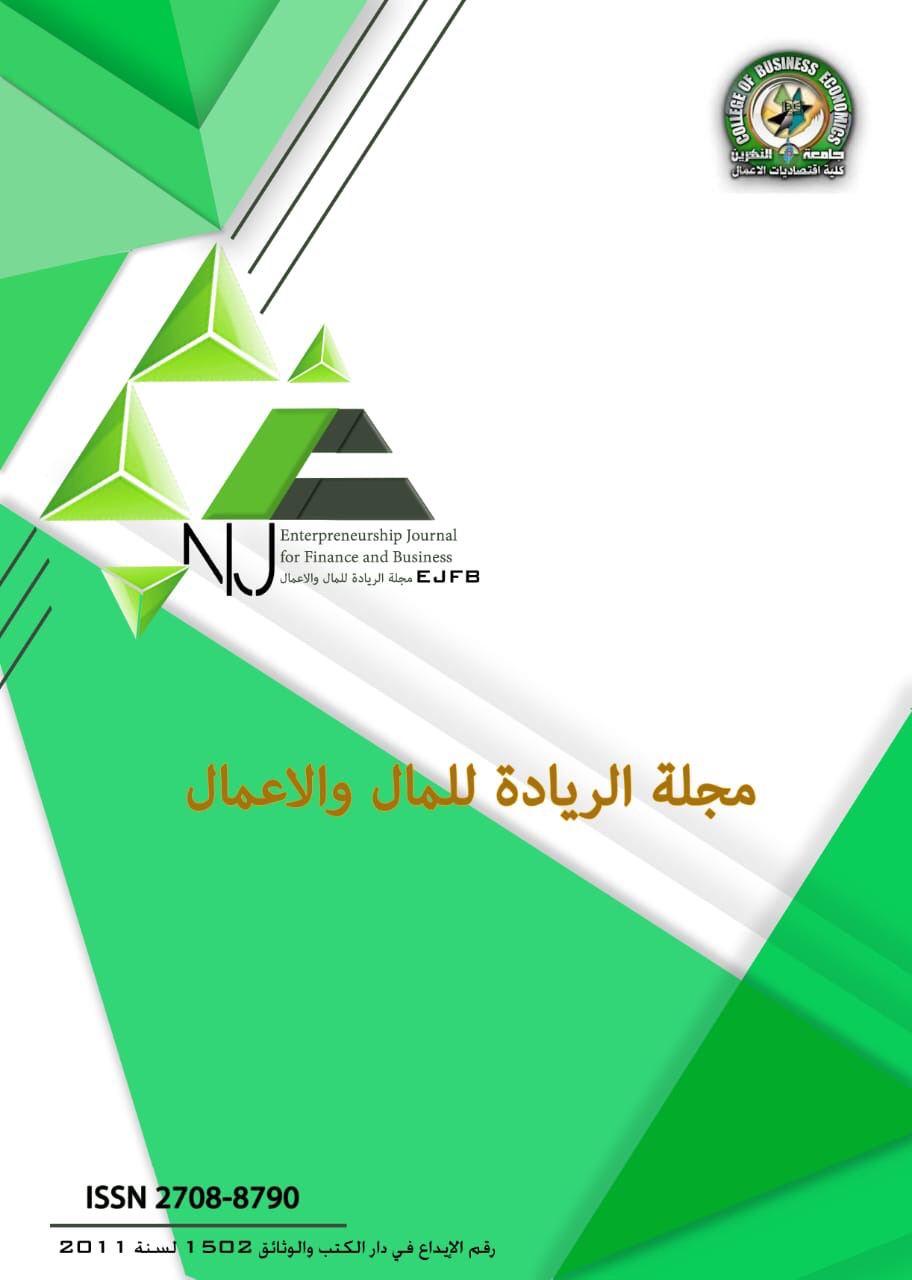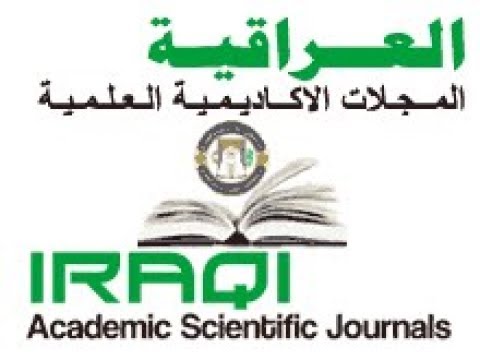Measuring the revenue and expenditure gap in the Turkish tourism sector for the period 1990-2018
DOI:
https://doi.org/10.56967/ejfb202199Keywords:
tourism sector, tourism revenues, tourism expenditures, number of tourist arrivalsAbstract
The tourism sector is no longer just a social phenomenon for some individuals and groups only, but has also become to include recreational activities of economic, social, cultural and environmental dimensions, due to the arrival of hundreds of millions of tourists to various countries and tourist regions, which encouraged many countries to work to stimulate and replace tourism. To a real industry and a tool to achieve economic and social development, the tourism sector in Turkey has competitive capabilities that can enter the international trade arena in the era of globalization and the liberalization of services trade, but what is distinguished by Turkey in terms of natural resources And historical sites constitute a natural competitive advantage for them, in spite of this, its role is multiplied by modern developments in a world in which the competitiveness of international tourism that is based on technological innovations and information technology such as the Internet, electronic commerce and modern means of communication. Based on the above, the research assumed that the tourism sector depends on the surrounding environment, whether political, economic or social, and this affects it.
The research included two studies, the first one was concerned with the theoretical and conceptual framework of the tourism sector, while the second one was concerned with measuring the revenue and expenditure gap in the Turkish tourism sector.
The research included two studies, the first one was concerned with the theoretical and conceptual framework of the tourism sector, while the second one was concerned with measuring the revenue and expenditures gap in the Turkish tourism sector.
Perhaps among the most prominent results of this research, Turkey has become, in the last two decades, a destination for culture, the pursuit of knowledge, and the destination of medical tourism for many Arab countries, as well as leisure tourism for most countries of the world, and it relies heavily on a variety of historical sites and coastal resorts on the Aegean Sea and the Mediterranean Sea.
As for the most important proposals that came out of the research, it is the necessity to use tourism as an engine to achieve balanced regional development and raise the standard of living for less developed regions that possess tourism resources and resources.
Downloads
Downloads
Published
How to Cite
Issue
Section
License

This work is licensed under a Creative Commons Attribution 4.0 International License.
This is an Open Access article distributed under the terms of the creative commons attribution (CC BY) 4.0 international license which permits unrestricted use, distribution, and reproduction in any medium or format, and to alter, transform, or build upon the material, including for commercial use, providing the original author is credited.










